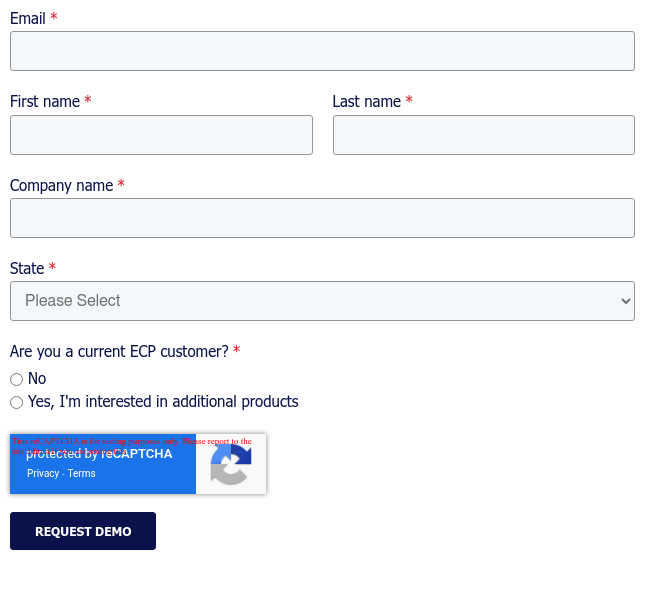Illinois SB 0774: Medication Aide Certification for Assisted Living
Assisted living facilities play a vital role in caring for elderly and disabled individuals. To maintain high standards, these facilities must follow various state regulations. In Illinois, SB 0774 is a bill introduced in February 2023 addressing how medications are administered in assisted living settings. This blog explains SB 0774 and what it means for assisted living operators if it is signed into law.
What is SB 0774?
SB 0774 is a bill that aims to update the rules around medication administration in assisted living facilities. Currently, only licensed nurses can administer medications, which often leads to heavier workloads and possible nurse burnout.
SB 0774 proposes the creation of a Medication Aide certification course for non-licensed staff, allowing them to help with medication administration and easing the burden on nurses.
Key Provisions of SB 0774
Medication Aide Certification Course:
The bill allows the Department of Public Health to create and administer a certification course for medication aides. This course will train non-licensed staff to safely administer medications under a licensed nurse’s supervision and delegation.- According to this bill, the Medication Aide Program includes a minimum of 60 hours of classroom-based medication aide education, a minimum of 10 hours of simulation laboratory study, and a minimum of 30 hours of registered nurse-supervised clinical practicum with progressive responsibility of patient medication assistance.
- Non-licensed staff must currently be certified to perform CPR, and in good standing as a Certified Nursing Assistant.
- There are additional requirements to be approved as an establishment qualified to participate in the program. These specified requirements are laid out within 210 ILCS 9/79 of the bill text.
Scope of Practice:
Certified Medication Aides (CMAs) would be able administer oral, topical, and inhaled medications. However, controlled substances, injections and intravenous medications will remain the responsibility of licensed nurses.
- Supervision and Accountability: CMAs will work under the direct supervision and delegation of a registered nurse, ensuring safe and accurate medication administration. The supervising nurse will oversee the CMAs and ensure regulations are followed.
- Documentation and Reporting: CMAs will be responsible for recording administered medications in residents’ records, reducing the documentation load on nurses, and allowing them to focus more on direct patient care. If an establishment is qualified to participate in the program, as part of the satisfactions to meet the requirements they must provide information regarding patient safety, efficiency, and errors as determined by the Department.
Benefits for Assisted Living Operators
SB 0774 provides several benefits for assisted living operators, residents, and nursing staff.
- Enhanced Resident Care: Allowing CMAs to handle routine medication administration will significantly reduce nurses’ workloads, helping to prevent possible burnout, improve job satisfaction and enhance health outcomes and quality of life of residents.
- Operational Efficiency: Assisted living facilities can run more efficiently with CMAs. Nurses can focus on complex medical needs while CMAs manage routine medication tasks, streamlining operations and improving care delivery.
- Implementation and Compliance: According to SB 0774, to participate in the Certified Medication Aide Program, an establishment must satisfy the requirements laid out in 210 ILCS 9/79. The Department of Public Health will provide guidelines for the course, including curriculum, training hours, and examinations. Facilities will also need protocols for supervision and documentation to meet the new regulations.
Conclusion
SB 0774 is a significant step in addressing challenges in Illinois assisted living facilities. By introducing the Medication Aide certification course, the bill aims to improve resident care, reduce nurse workloads, and enhance operational efficiency. Assisted living operators should stay informed about this legislation and if signed into law, consider if integrating certified medication aides into their care teams would be an effective approach to medication administration.
Bill Status
After passing both Houses, on June 21st, 2024, this bill was sent to the Governor of Illinois for next steps which include either signing it into law, a veto process, or if no action is taken within 60 days of receiving it then the bill automatically becomes law.
Update: On August 9th, 2024, the Governor of Illinois signed this bill into law and it is now Public Act 103-0886 .
For more information on how ECP can assist you in staying compliant in Illinois, fill out the form below.
Note - The information provided on this website does not, and is not intended to, constitute legal advice; instead, all information, content, and materials available on this site are for general informational purposes only. ECP makes no warranties as to the accuracy of this content and does not commit to updating it as regulations change. Readers of this website should contact their attorney to obtain advice with respect to any particular legal or compliance matter.


